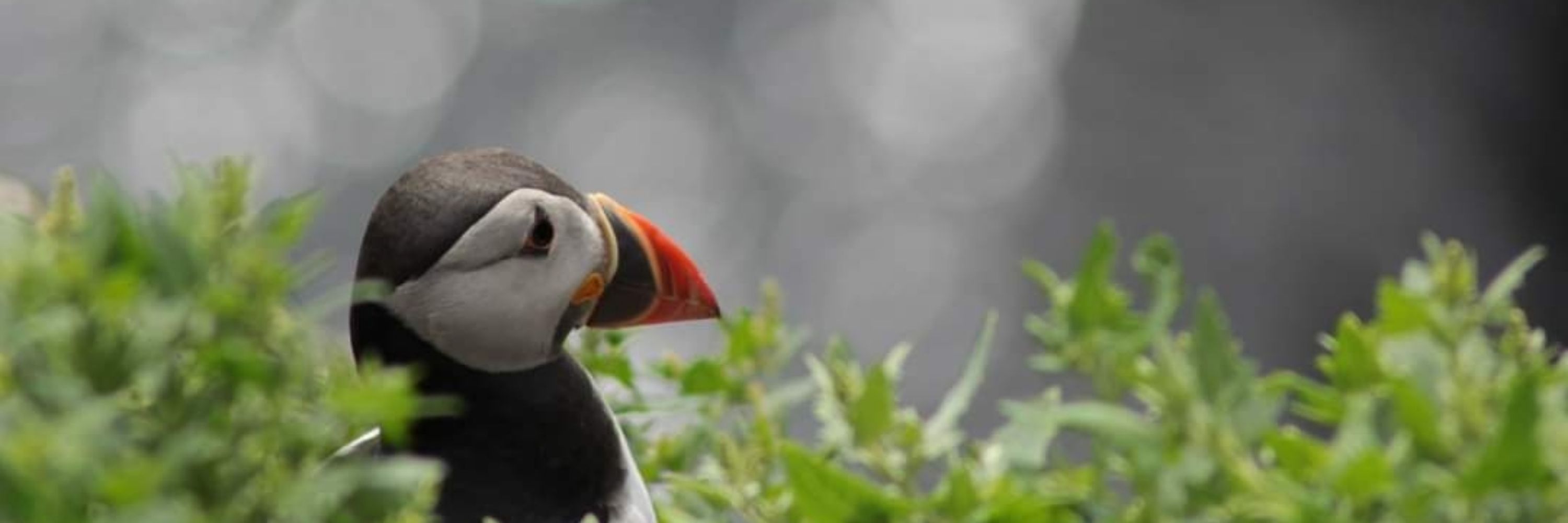
#ecotox
⚪ Dev. of the MoveR R package
➡️ https://qpetitjean.github.io/MoveR/
🌐🔗 https://qpetitjean.github.io/qpetitjean_distill/
Take a look at the new @sortee.bsky.social Guidelines:
👉 doi.org/10.32942/X24...
Glad to have contributed, with great leadership from @joelpick.bsky.social & @eivimeycook.bsky.social
www.sciencedirect.com/science/arti...

www.sciencedirect.com/science/arti...
We built an automated camera system to detect plant–pollinator interactions (day & night) and compared networks from cameras vs. focal observations.
📜👉 doi.org/10.1111/2041...
@annatraveset.bsky.social
@imedea.bsky.social



We built an automated camera system to detect plant–pollinator interactions (day & night) and compared networks from cameras vs. focal observations.
📜👉 doi.org/10.1111/2041...
@annatraveset.bsky.social
@imedea.bsky.social
DL 03.10.
-Analyze large-scale datasets
-Model biodiversity & body size trends
-Link community changes to global change & human pressures
FR: jobs.inrae.fr/ot-27373
EN: jobs.inrae.fr/en/ot-27374

@asanchez-tojar.bsky.social #ProcB
@eivimeycook.bsky.social tell us more in our blog royalsociety.org/blog/2025/09...


@asanchez-tojar.bsky.social #ProcB
@eivimeycook.bsky.social tell us more in our blog royalsociety.org/blog/2025/09...
We thank our sponsors (@asn-amnat.bsky.social, @cdnsciencepub.com, @datadryad.bsky.social, @peercommunityin.bsky.social, @royalsociety.org, @sse-evolution.bsky.social, @biologists.bsky.social) who are eligible for free registration.
Visit sortee.org/upcoming/ to register and explore the exciting lineup of various sessions.
#SORTEE2025
If you know a great open science project, now is the time to nominate it for a SORTEE Award www.sortee.org/awards/
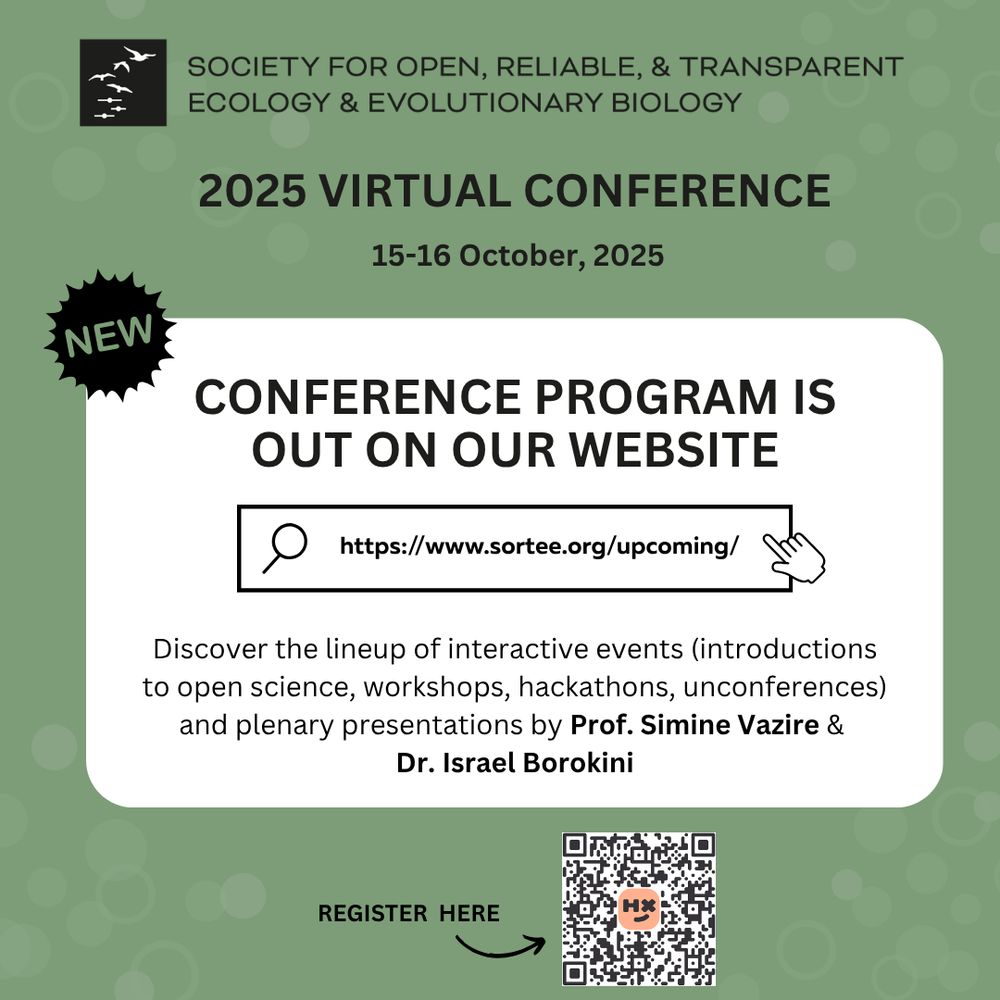
We thank our sponsors (@asn-amnat.bsky.social, @cdnsciencepub.com, @datadryad.bsky.social, @peercommunityin.bsky.social, @royalsociety.org, @sse-evolution.bsky.social, @biologists.bsky.social) who are eligible for free registration.
🔍 Our study checked data/code-sharing policies in 275 eco/evo journals and compliance in Proc B (n=2,340) & Ecology Letters (n=571). Policies exist, but clarity and strictness vary, affecting reproducibility.
🔗 doi.org/10.1098/rspb...

🔍 Our study checked data/code-sharing policies in 275 eco/evo journals and compliance in Proc B (n=2,340) & Ecology Letters (n=571). Policies exist, but clarity and strictness vary, affecting reproducibility.
🔗 doi.org/10.1098/rspb...
Then we have the R package for you - squidSim!!
Check our new preprint:
ecoevorxiv.org/repository/v...
Merci par avance à toutes celles et tous ceux qui diffuseront cette annonce à leurs bons étudiants en bioinfo / génomique / métagénomique.
Bonus #1: vivre à Toulouse!
Bonus #2: dégustation régulière de miels!
Merci par avance à toutes celles et tous ceux qui diffuseront cette annonce à leurs bons étudiants en bioinfo / génomique / métagénomique.
Bonus #1: vivre à Toulouse!
Bonus #2: dégustation régulière de miels!
Take a look at the new @sortee.bsky.social Guidelines:
👉 doi.org/10.32942/X24...
Glad to have contributed, with great leadership from @joelpick.bsky.social & @eivimeycook.bsky.social
Take a look at the new @sortee.bsky.social Guidelines:
👉 doi.org/10.32942/X24...
Glad to have contributed, with great leadership from @joelpick.bsky.social & @eivimeycook.bsky.social
Increasingly E&E journals are recruiting data editors. We provide standardised guidelines for journals with data editors and those wanting to recruit them 🧵
Increasingly E&E journals are recruiting data editors. We provide standardised guidelines for journals with data editors and those wanting to recruit them 🧵
Join our editorial board to help ensure data/code transparency across biology.
🗓 Term: 3 yrs from Jan 2026
📩 Apply by 30 Sep 2025 with a 2-page CV + cover letter: proceedingsb@royalsociety.org
🔗 Info: jackbrand.work@gmail.com /dylan.ge.gomes@gmail.com
Join our editorial board to help ensure data/code transparency across biology.
🗓 Term: 3 yrs from Jan 2026
📩 Apply by 30 Sep 2025 with a 2-page CV + cover letter: proceedingsb@royalsociety.org
🔗 Info: jackbrand.work@gmail.com /dylan.ge.gomes@gmail.com
"TADA! Simple guidelines to improve code sharing"
tinyurl.com/8rmnwjrk
We present simple guidelines to help researchers of all coding levels improve the transparency and reproducibility of their analytical code, TADA!
Transferable, Accessible, Documented, Annotated.
"TADA! Simple guidelines to improve code sharing"
tinyurl.com/8rmnwjrk
We present simple guidelines to help researchers of all coding levels improve the transparency and reproducibility of their analytical code, TADA!
Transferable, Accessible, Documented, Annotated.
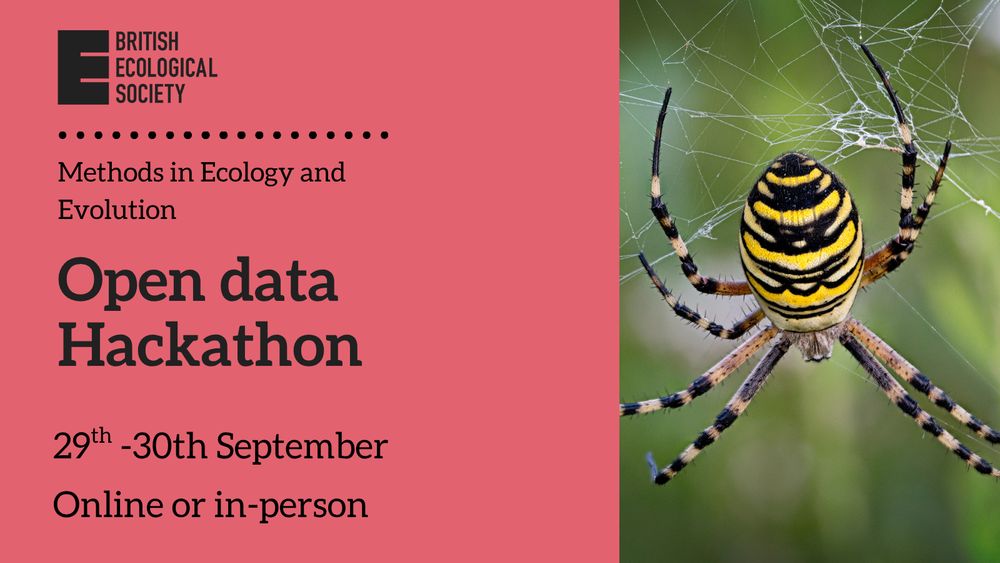
Using long-term data from European tit populations, we test three hypotheses to determine how urbanization affects phenotypic variation at different population levels.
#UrbanTitCollab #DiverCity #SPIBirds
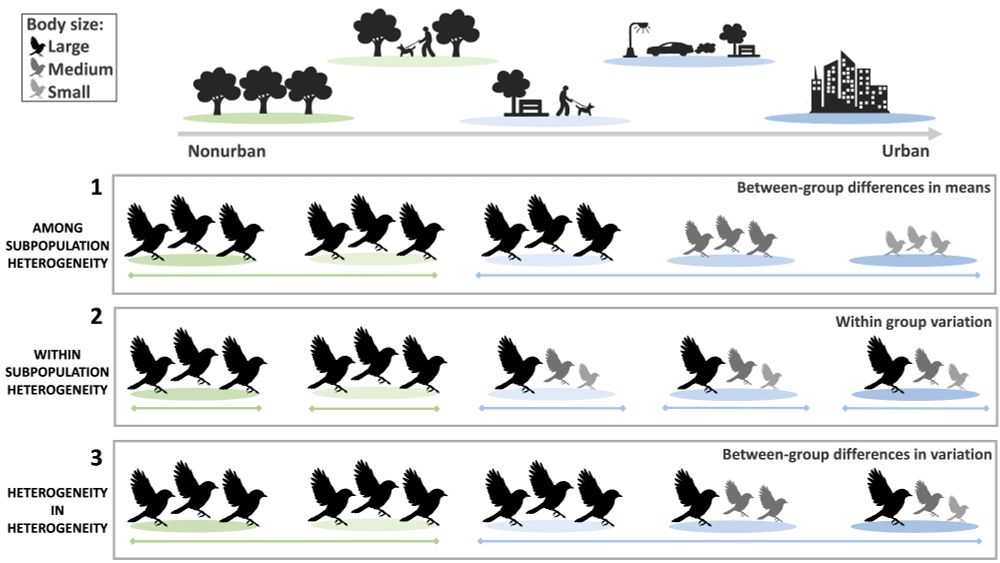
Using long-term data from European tit populations, we test three hypotheses to determine how urbanization affects phenotypic variation at different population levels.
#UrbanTitCollab #DiverCity #SPIBirds
"Integration of pedigrees and methods for demographic inference in livestock population genomics"
Supervision: Pierre Faux & Bertrand Servin
More information: jobs.inrae.fr/en/ot-25908
"Integration of pedigrees and methods for demographic inference in livestock population genomics"
Supervision: Pierre Faux & Bertrand Servin
More information: jobs.inrae.fr/en/ot-25908
A new Marie Skłodowska-Curie Actions Postdoctoral Fellowships 2025 call is now open.
With a budget of €404.3 million, it will support around 1,650 researchers from Europe and beyond.
Apply by 10 September → europa.eu/!fBTMgF
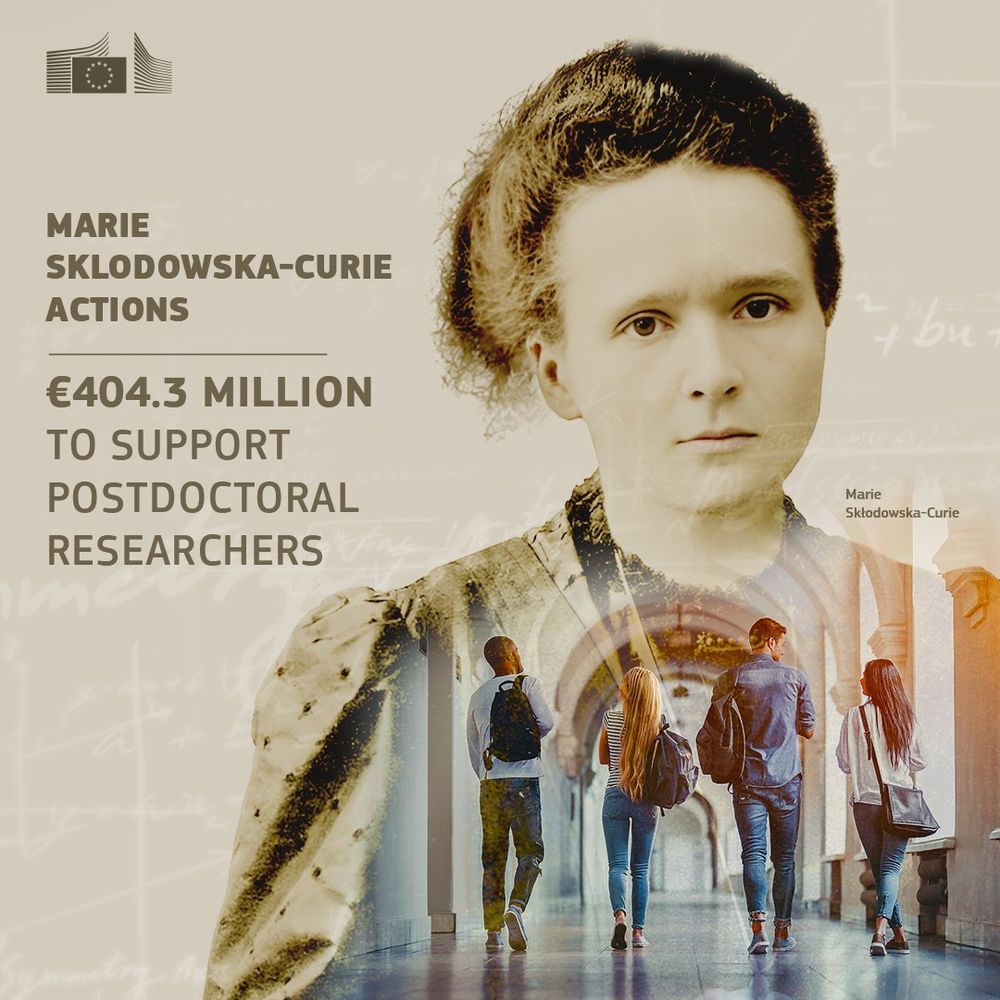
Starts at 2:45 👉 www.youtube.com/watch?v=Cm4u...
Read the paper 👉 www.science.org/doi/10.1126/...
@jack-brand.bsky.social
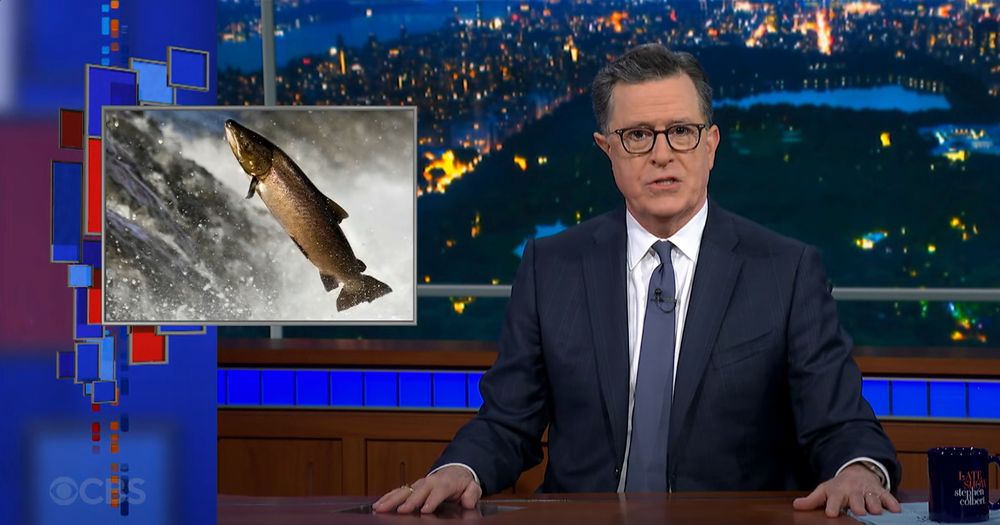
Starts at 2:45 👉 www.youtube.com/watch?v=Cm4u...
Read the paper 👉 www.science.org/doi/10.1126/...
@jack-brand.bsky.social
We're thrilled to announce our symposium:
"Enhancing Diversity & Transparency in Ecology & Evolution: Reliable Practices for Research & Organizations" 🌍✨
Featuring invited speakers:
🔹 Dr. Malgorzata (Losia) Lagisz
🔹 Dr. Joel Pick
📅 Aug 17-22, 2025 | 📍 Barcelona, Spain
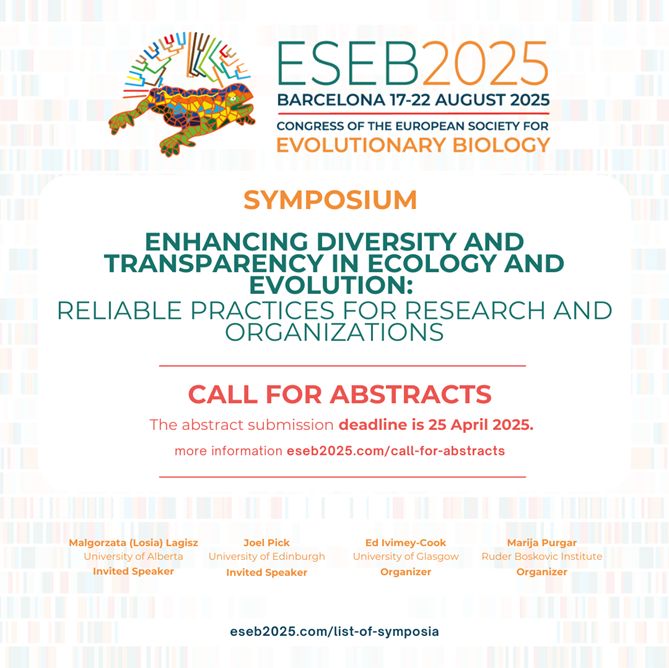
We're thrilled to announce our symposium:
"Enhancing Diversity & Transparency in Ecology & Evolution: Reliable Practices for Research & Organizations" 🌍✨
Featuring invited speakers:
🔹 Dr. Malgorzata (Losia) Lagisz
🔹 Dr. Joel Pick
📅 Aug 17-22, 2025 | 📍 Barcelona, Spain
peercommunityjournal.org/articles/10....
peercommunityjournal.org/articles/10....
I’ll be focusing on the transfers and effects of contaminants on wild bees 🐝.
#ecotoxicology #ecotox
#bees
Stay tuned for updates!
I’ll be focusing on the transfers and effects of contaminants on wild bees 🐝.
#ecotoxicology #ecotox
#bees
Stay tuned for updates!
Join us from August 11-15, 2025. Don't miss out!
Sign up here for updates: listes.services.cnrs.fr/wws/subscrib...
And, of course, follow us here! #ecobhvr2025
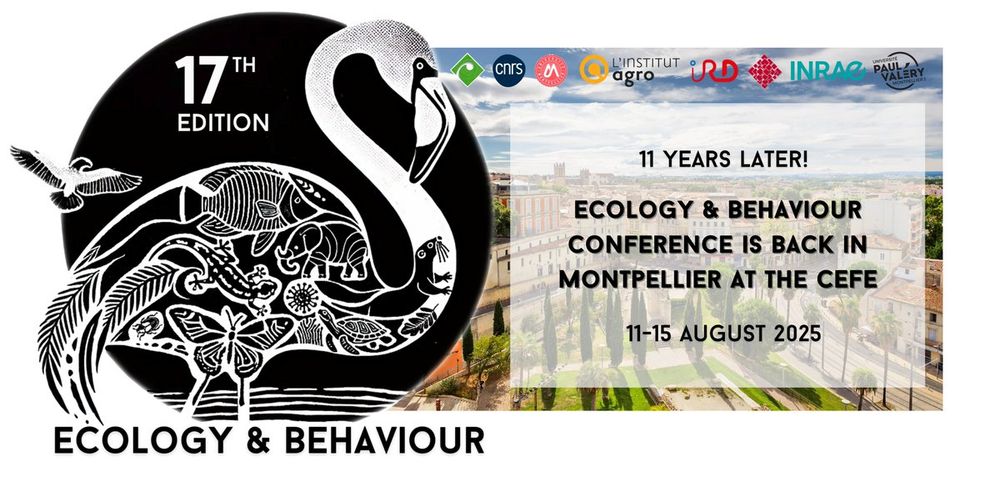
Join us from August 11-15, 2025. Don't miss out!
Sign up here for updates: listes.services.cnrs.fr/wws/subscrib...
And, of course, follow us here! #ecobhvr2025
emploi.cnrs.fr/Offres/CDD/U... (in FRENCH)

emploi.cnrs.fr/Offres/CDD/U... (in FRENCH)
We've now investigated journals WITHOUT a code-sharing policy. The results are worrying.
📰 doi.org/10.32942/X21...
We've now investigated journals WITHOUT a code-sharing policy. The results are worrying.
📰 doi.org/10.32942/X21...
CEBC, France
@ecophycebc.bsky.social
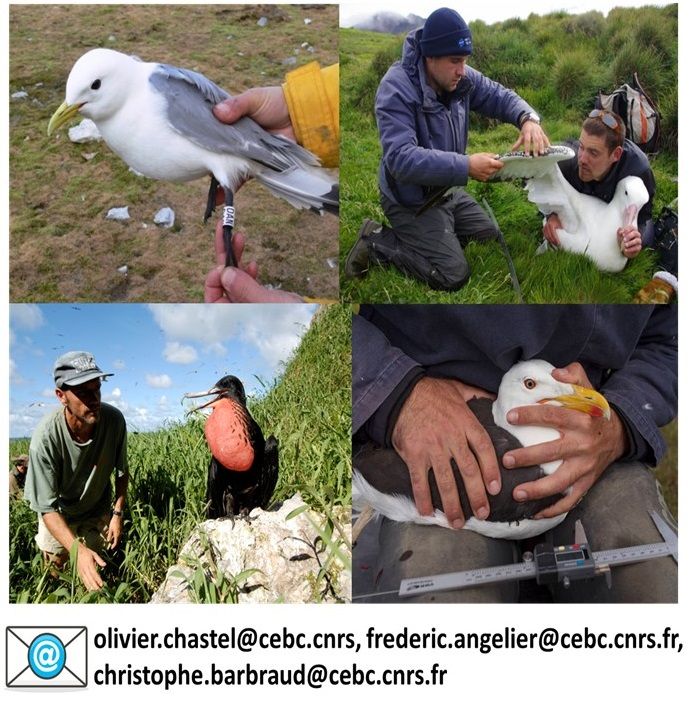
CEBC, France
@ecophycebc.bsky.social

